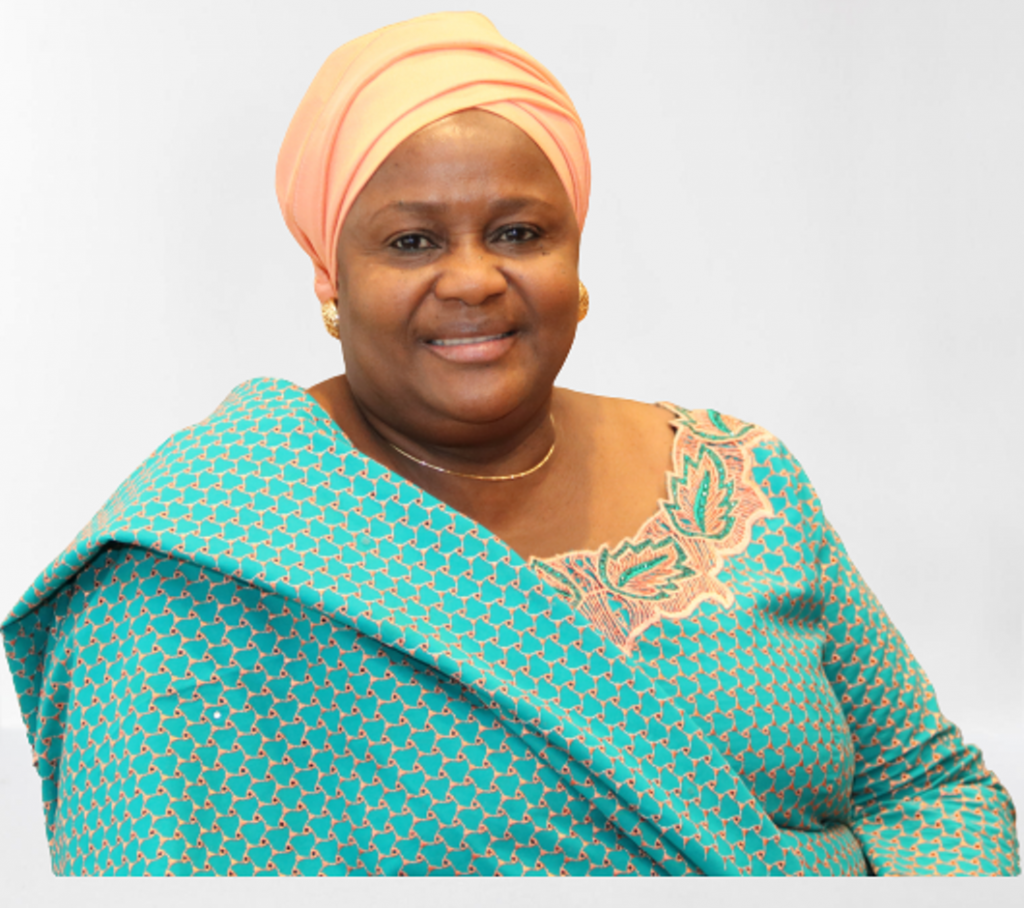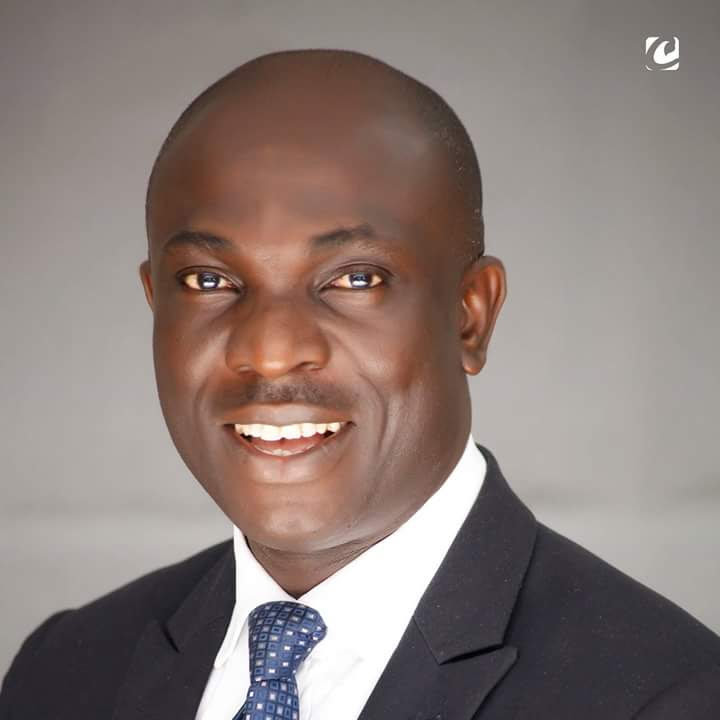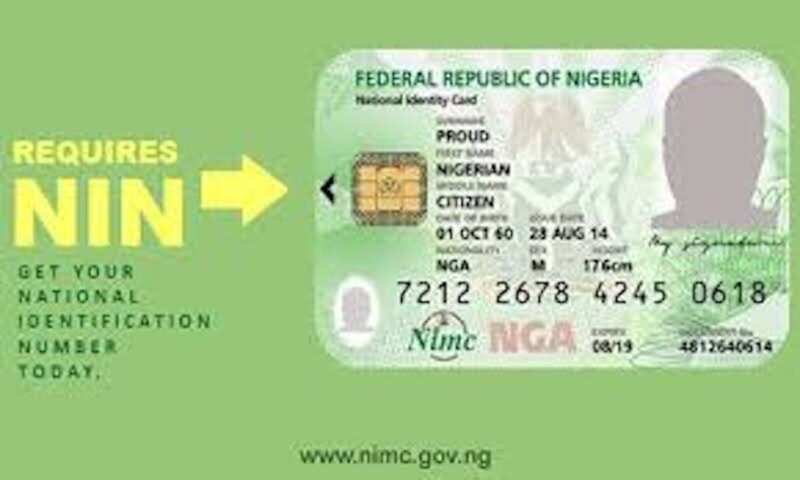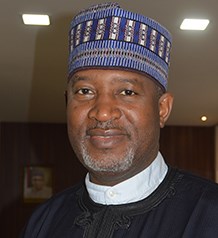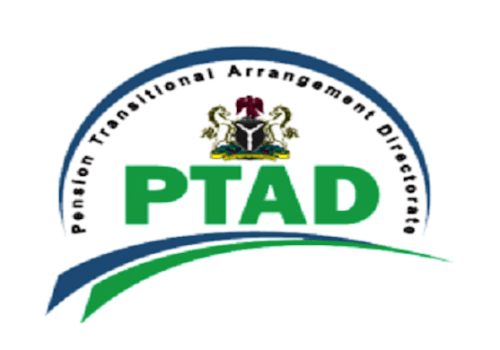Tope Adaramola is the current Executive Secretary/CEO of the Nigerian Council of Registered Insurance Brokers (NCRIB). Adaramola talks on his continuous relationship with the Media. On the interview with Edit Udoh, The Revealer, he speaks on his plans which he emphasised must really with the Council overall strategy. A branded Public Relation intends to build NCRIB relationship with other stakeholders and makes the broking arm a pride in the industry
Excerpts
What is the margic wand of your growth from a Public Relation man to Executive Secretary of NCRIB?
Firstly, l give God Almighty the glory through my journey. Secondly, with determination to succeed in my daily work diligently and learning and studying to update my knowledge always.
I started my career at a radio station shortly after my national youth service programme in 1991, and from 1991-1998, I was in government service, specifically covering the government house as the Press Secretary which also necessitated that I take up the role of a compare for State House activities.
I joined the Nigerian Insurers Association (NIA) in 1998, as the second Public Relations practitioner in the industry after Mr. A. W.K Bello who was my predecessor and part of my responsibilities was also to compare at events. So, at that level, will handle the Annual General Meeting (AGM), visitation for my Board as well as the secretariat and I also handled committee meetings of different shades in the NIA. I became a little name after the Director-General of NIA but afterwards, I began to handle major events of the industry and even the profession outside the industry at my convenience. So I can say that the secret is the product of repetitive actions and diligence.
Did you at any point eye the post of the Executive Secretary of the Nigerian Council of Registered Insurance Brokers (NCRIB)?
I came with the mindset of joining others to give value to broking practice. When I was on the other side of the divide, that is Nigerian Insurers Association, NIA, But when I came in here, I changed the narrative. Although there was a whole gamut of challenges I met on ground, the institution was very weak and fragile, and many operators will not even like to touch the Council with a long pole.
But by coincidence or God’s design, I worked with the President that was very progressive. That was Prince (Dr) Feyisayo Soyewo (MFR) under whose tenure I joined NCRIB. At that time, we did not have much and the Secretariat and the Council were evolving with only very few notable people around that could identify what the Council was and it robed on the solvency of the Council, paying salaries was a big deal, talk less of any oversea trip or any opportunity even for staff.
But with prayers, diligence, commitment to purpose, I took a lot of the heat of the Public Relations perspective because I have always believed that the problem of brokers at that time was reputational. Give any organization a good reputation, it’s like rubbing honey on the surface and before you know it, Ant will start gathering around it. Image is like that and I started to covert it through constructive engagement with the media, and being a PR person, I have got a good relationship with my media friends and I also reach out to members and made them realized that am here and you can leverage on my PR expertise.
So, we became a very vocal voice in the industry that a lot of industry operators were wondering whether this was the NCRIB that they used to know. As time progresses, people began to reckon with the Council. Today we are even refusing the proposal of people that we find are not fit and proper to join us which is the barometer for you to test the reputational value that we already have now.
As a Public Relations person, I only came in just to do my best to enhance value and I burnt the candlelight. I deployed my skill. I use my time to ensure that what I set out to achieve on daily basis were achieved and several times, I closed very late to ensure that this Council is where it is today. Why I am here today, it was by sheer providence that God made the leadership of the Council under the leadership of Dr (Mrs) Bola Onigbogi, the second female President of the Council to consider my capability as well as the longevity of stay and experience with diligence commitment and someone that has a perfect understanding of the dynamics of the operational system.
Looking at your long standing relationship with the Media, can journalists still have access to you now that you are the Executive Secretary of NCRIB,?
There can never be a change because the role of the Public Relations Practitioner that I used to be that I am still is, is to assist and energize the Chief Executivr Officer and the greatest challenge that any Public Relations person can face is when you have a CEO that lacks understanding of public relations practice.
It will be a golden period for the NCRIB and media relationship because you have a person here who has maintained Public Relations and Media Relations although his career is the platform upon which God exposed me to becoming the CEO. I have no other constituency than the media so I cannot afford to destroy my relationship with the media.
What are your plans for the Council as Executive Secretary/CEO?
I must tailored my plans to go in line plans of the leadership of the Council. But, however, I agree that as a CEO, I have some form of leverage and that the board, as well as the leadership of the Council, will also be looking at me to help them or assist them as usual in driving their tenure for them to be successful. So, one of the things that I realized which I just told you is the fact that for any professional body like ours to succeed, the relationship is key. So this my tenure by the grace of God will anchor on relationship, we will be looking at what are those things that excite our members and what are those things that put them off. We will be looking at our records, ten years ago how many people were here with us? Today how many are still with us? How many have fallen on the wayside? What made them to fall? We will be looking at engaging our members regularly and scientifically on what exactly they expect from us as value.
That’s number one. So the relationship is both internal and external. On external, we have even started the engagements because there is no professional body that will be successful when you operate in isolation. We are surrounded by other strategic stakeholders and allied professions that we have to reach out to. As am speaking to you now, we have started reaching out to some of them, Institute for Chartered Accountant of Nigeria (ICAN) for instance is one of the most renowned professional bodies that we have in Nigeria.
We have extended our tentacle of relationship. Very soon our secretariat will visit their secretariat. Our Council President will also visit their Council President. We are doing a similar thing to the Chartered Institute of Arbitrators. We are doing so for the Institute of Personnel Management. And why are we doing all these? These are individual professionals which are bonded under those associations with which insurance brokers who are our members ultimately will relate. Take, for example, you want to go and broker a company, the most delighted person you are going to find there is probably the accountant or the head of finance who will engage you and if this person does not have an understanding of what you do then how will you help your members.
The same thing for the Nigerian Institute for Public Relations; and of course you know the National Insurance Commission is a very pivotal institution that we must direct their attention to and continue to drum in the ears of our leadership which they know we have to relate perfectly with.
Brokers are sick and tired of being at the background and they have also reached out to the Nigeria Economic Summit Group so that they can be invited and given a role to play. But it all starts at the point of engagement, so that is why I say this administration will anchor on the relationship.
We have a-three layer relationship: the first one is internal which is at home, the second one is external within the confine of Nigeria the third one is the international relationship which we must maintain.
We are positioning ourselves to be an authoritative voice in the industry starting with brokers. If you come to our Council today, we already have a Research Department in place which, of course, is in sync with what I am trusting God to do now. If you want to have statistic or figure of how many brokers do we have in Nigeria or you want to have the figure of the brokerage income per year so that when you play around all these then the industry would have protected itself by being highly professional and highly respected rather than how we have been doing it before.
For the staff, you know as being one of them the barrier of we are going to be dealing with a strange person is not there. So while we maintain discipline, we also make them know that this is your own so that everybody owns it. We are making them realize that look if all of us do well here, there will be no need to bring somebody from outside, but if we don’t own it and if you allow the present secretariat leadership to fail, then definitely all of us have failed because they will say when we gave one of you opportunity what did you do with it?
So How many brokers do we have in Nigeria today?
As of today, we have 450 brokers in Nigeria that are financially up to date but you know we can only talk of now because even this morning more papers will be coming in for some of them who want to come and activate their membership but I can only talk of the moment.
What is the way forward for the insurabce industry?
Let me first salute the present leadership of the National Insurance Commission,. Nsicom, under the Commissioner for Insurance (CFI), Mr. Olorundare Sunday Thomas as well as other constituent bodies’ leadership including NCRIB, NIA and even the Institute of Loss Adjusters (ILAN) because where the industry was yesterday is not where it is today. In terms of innovation, in terms of creativity, even though there is still room for improvement. Today,we may not know the value of what we hold in our hands but outsiders know that is why you now have a foray of foreign investors who are coming into the industry even at the level of broking and in the level of the underwriter.
Foreign and major investors who are renowned to be bankers and investment people before coming into the industry. It shows that there is something about this industry that many of us have not seen and it is quite positive for the industry. However, the industry should be able to sit down and tidy itself from the home front. There must be more constructive engagements between the operators and the authorities.
The industry needs to be more consensual in what it wants to do. Let there be a consensus. Let there be sufficient stakeholders engagements before policies are enunciated so there won’t be backlashes like some of the things we are having now.
I want to also use this medium to especially appreciate the leadership of NCRIB under Dr (Mrs.) Bola Onigbogi deemed it necessary for us to look this way in terms of this secretariat leadership. It takes a very determined and a very resolute person against all odds to do that so I thank her and I also thank all members of her team including the management and the board of Council.

